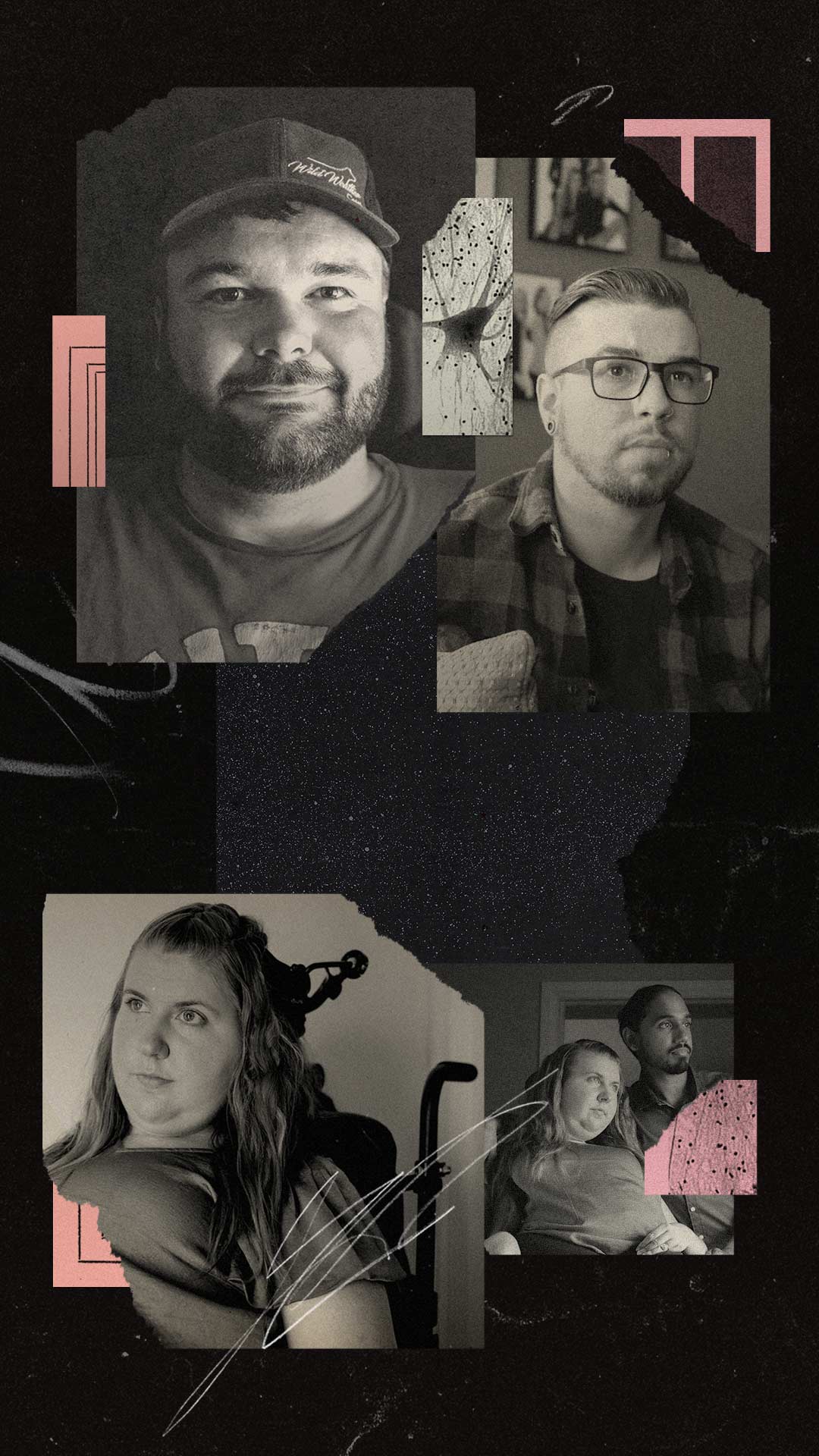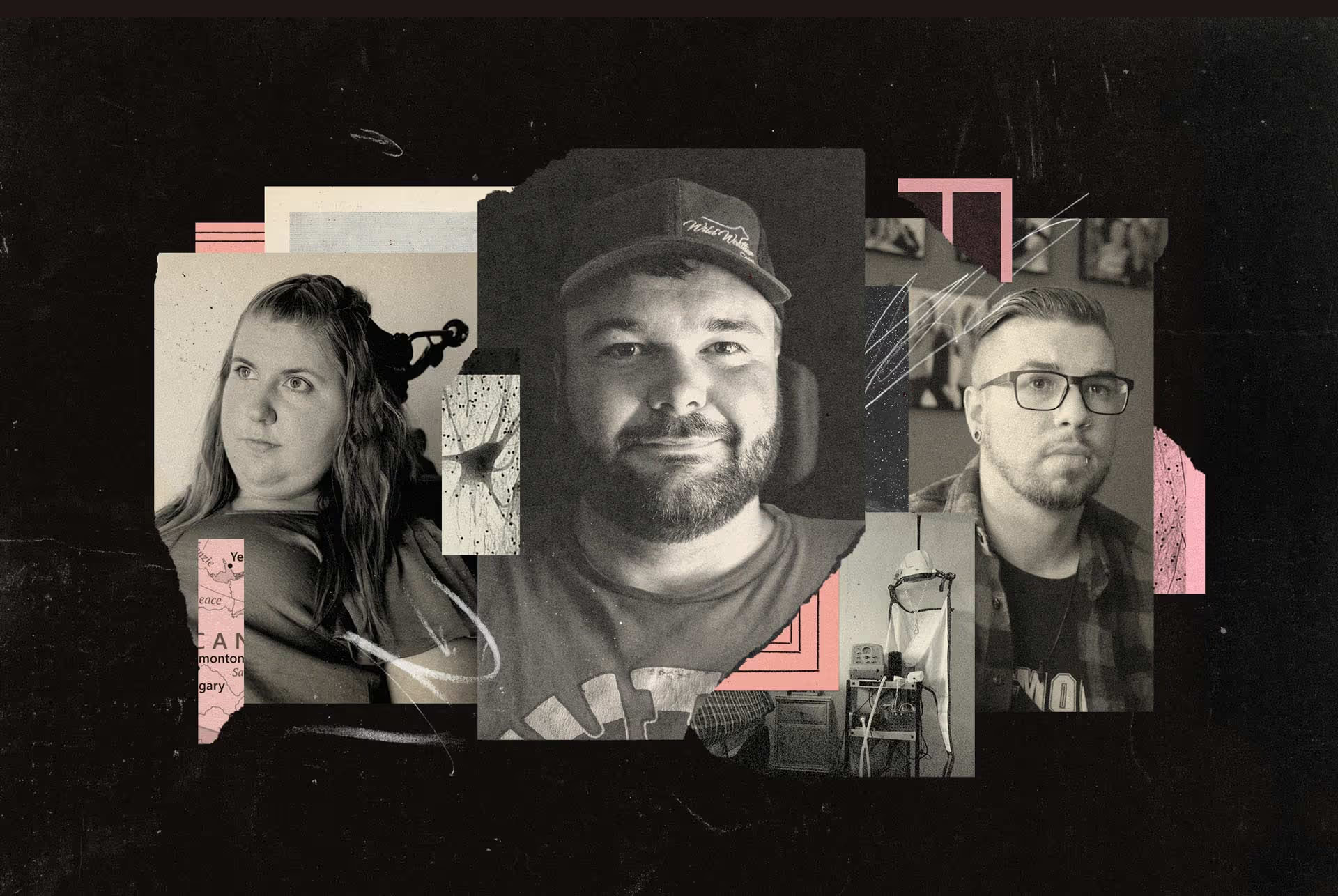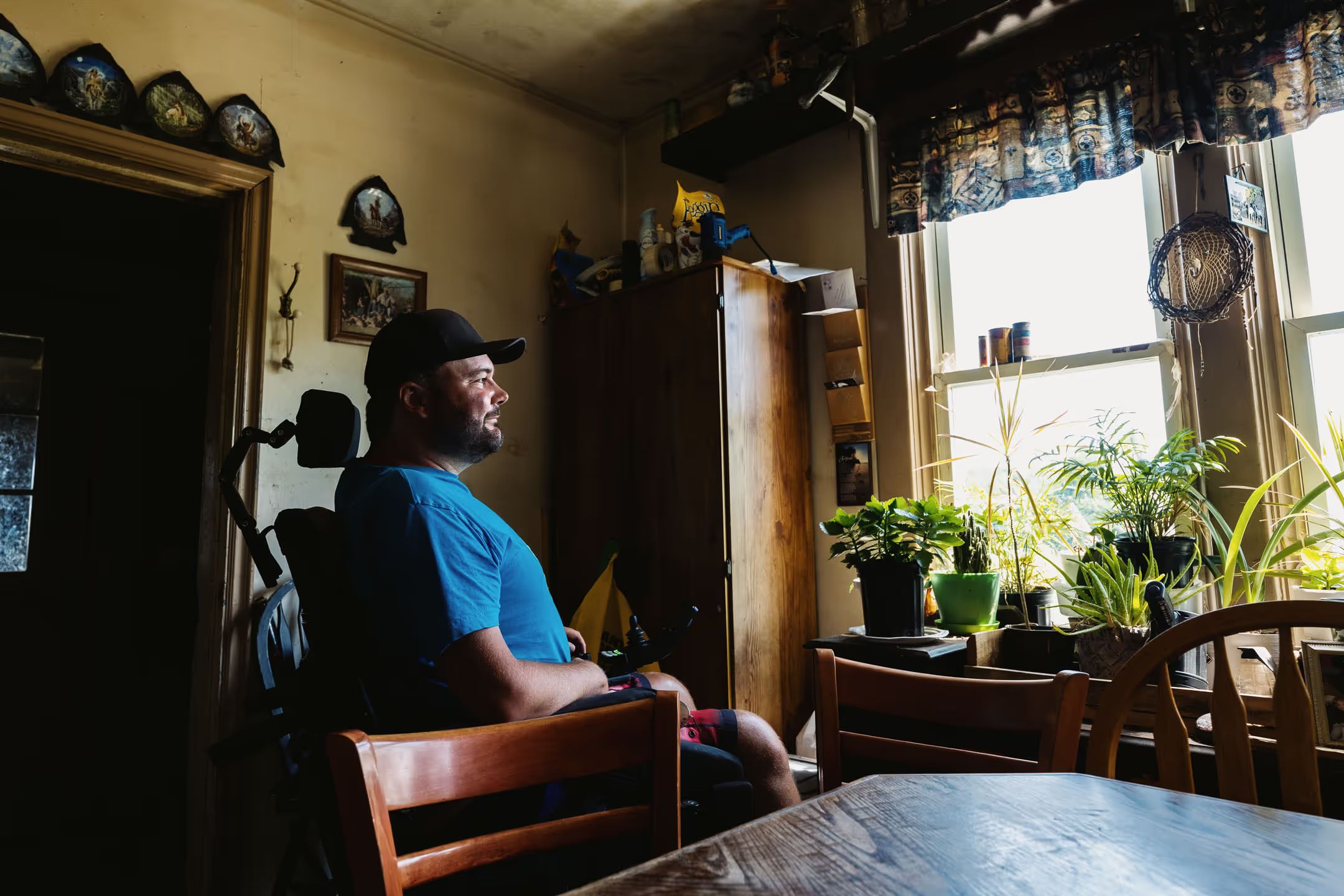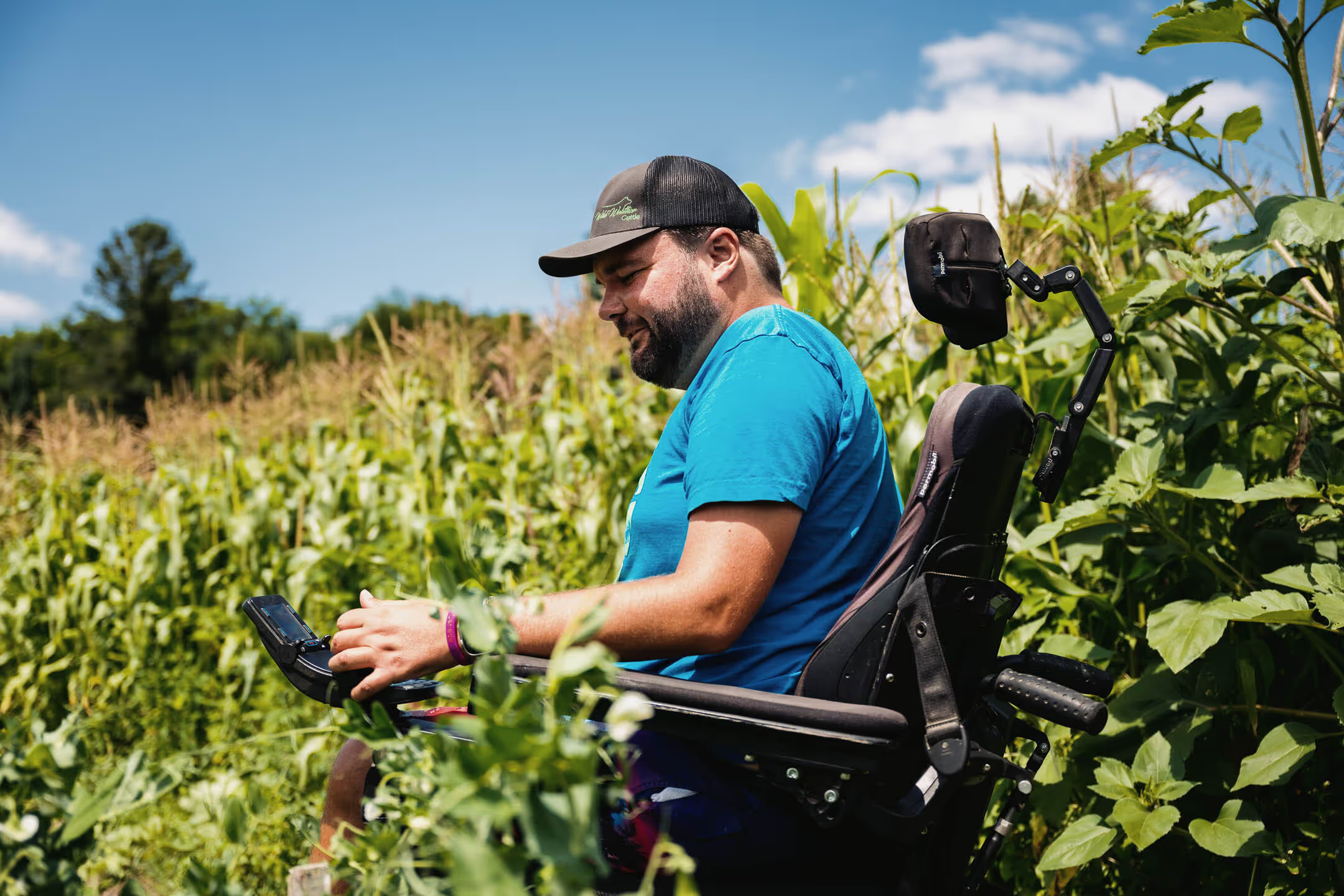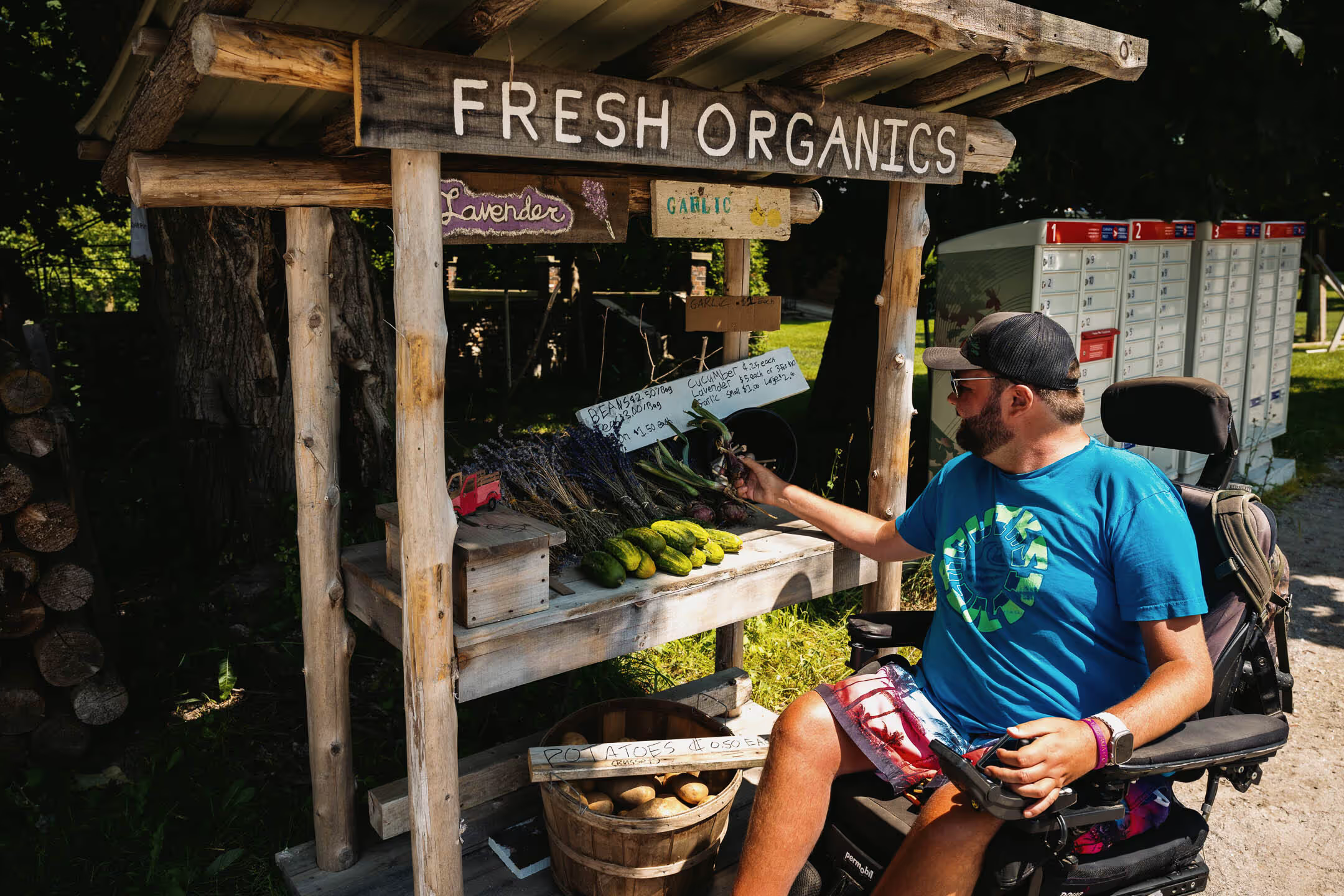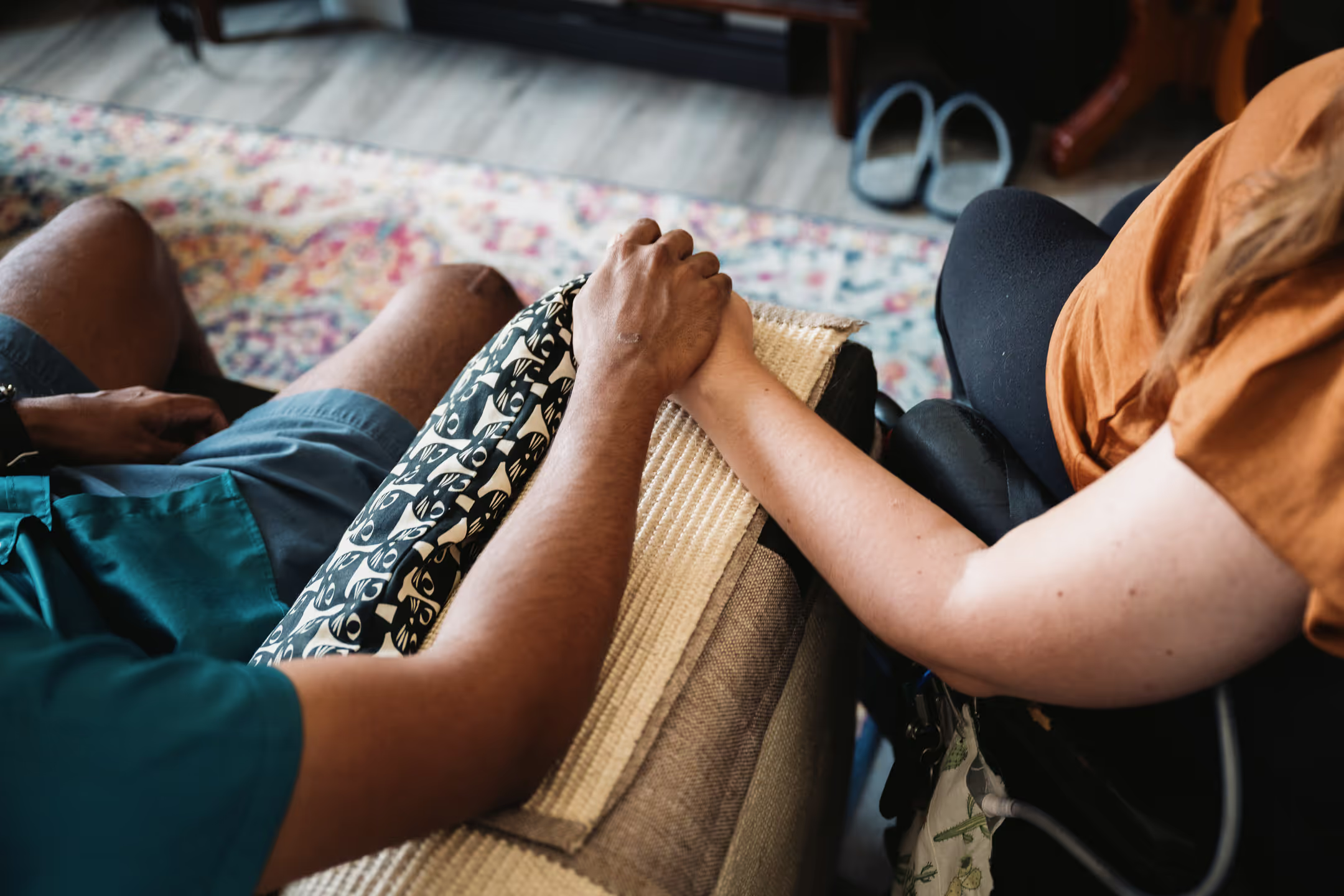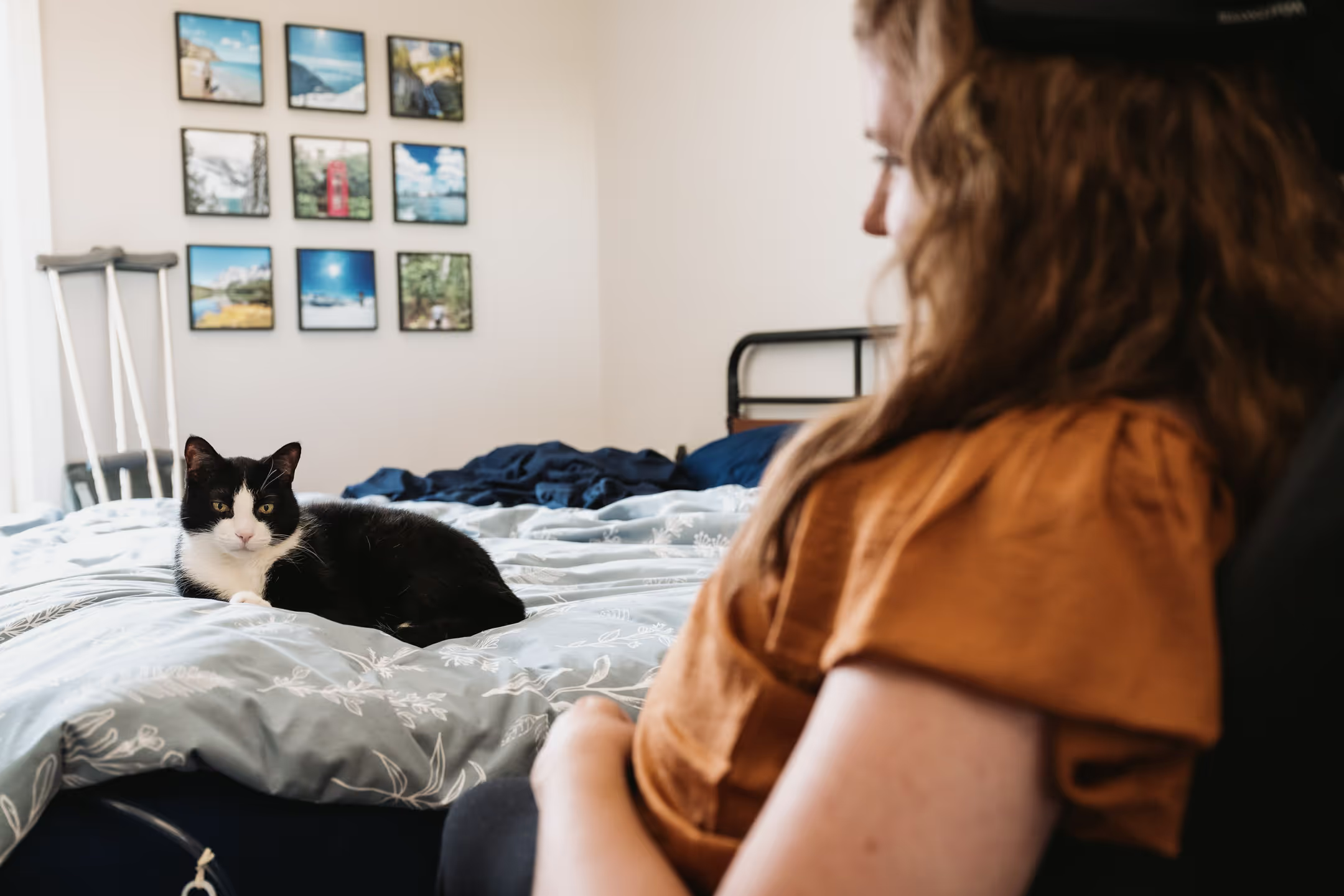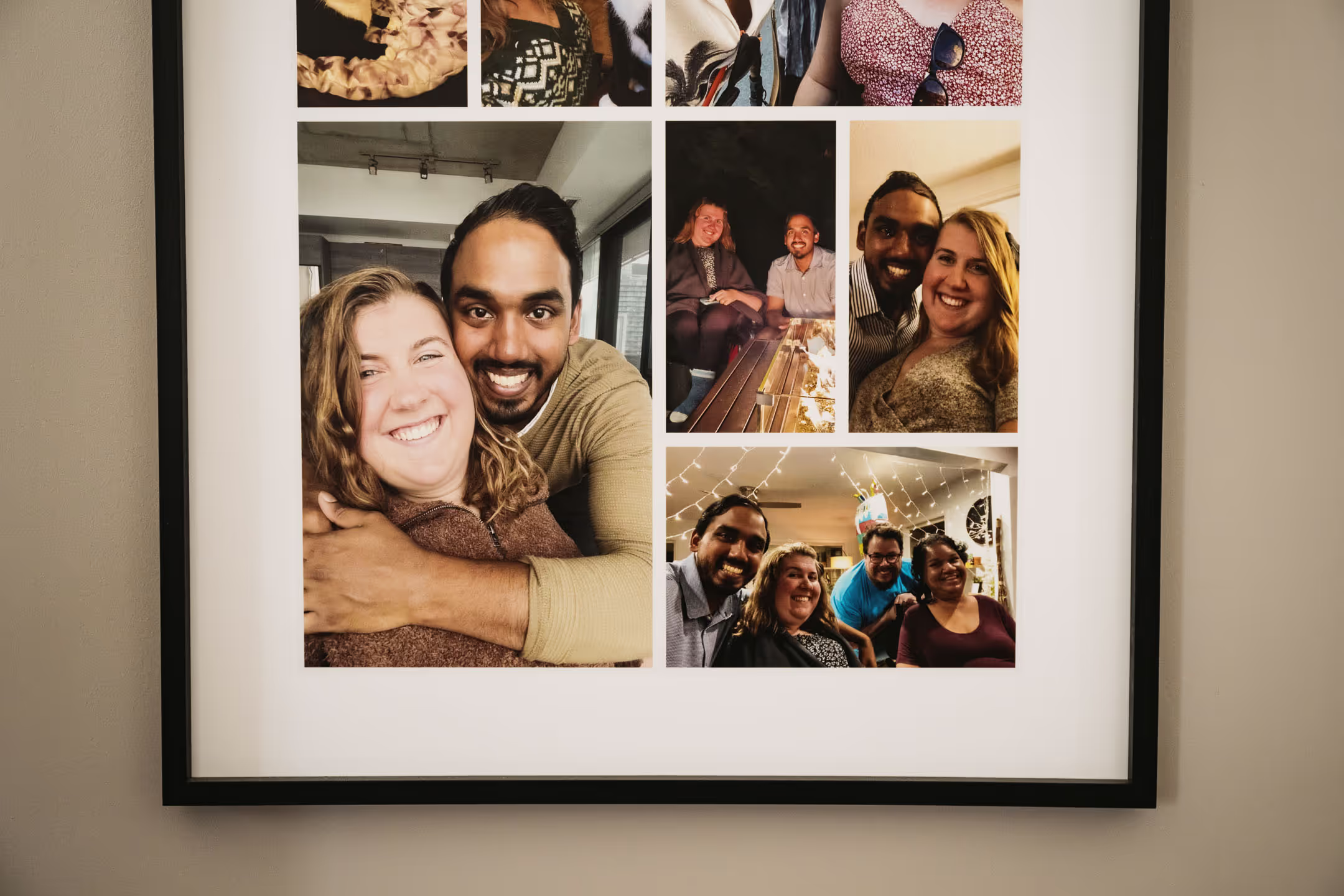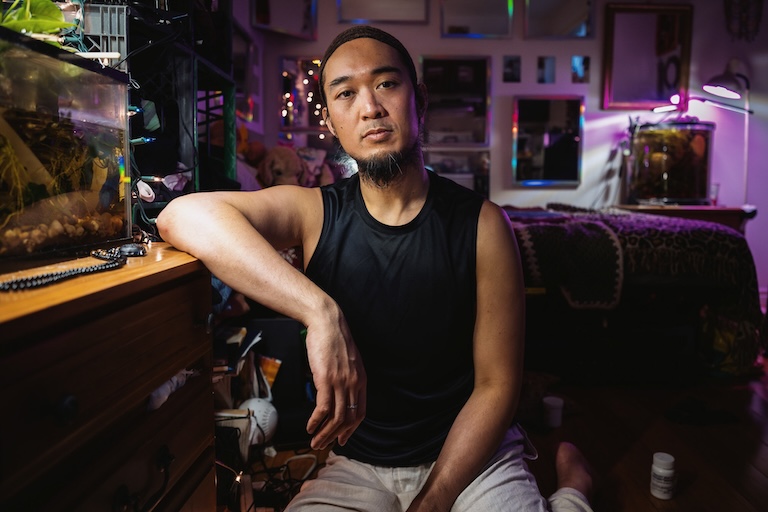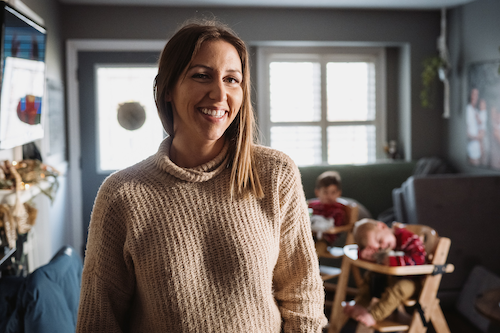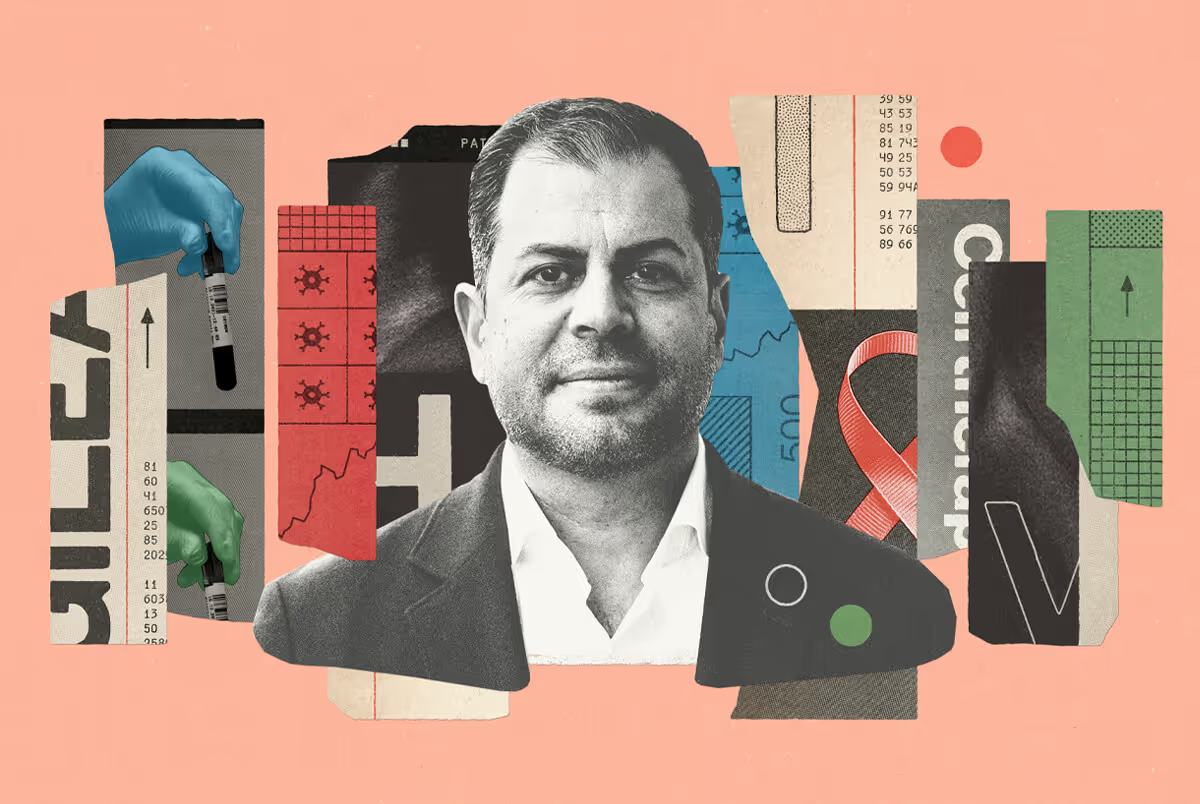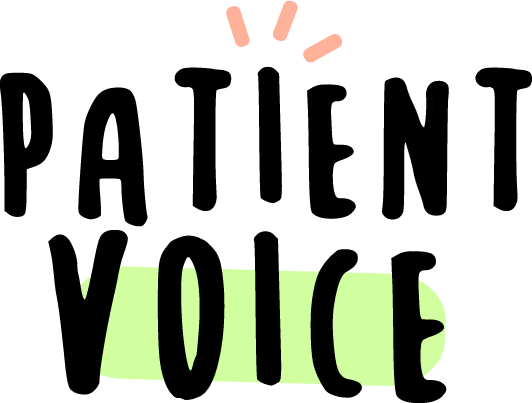The past decade has brought about unprecedented treatment innovation for the rare, genetic neuromuscular condition, resulting in the approval of, and the granting of widespread access to, a number of novel therapies. But, as is often the case with access to rare disease medications, a subset of patients, in this case adult patients in every province but Quebec, have been left to anxiously watch and wait from the sidelines as their disease progresses.
We spoke with three adults living with SMA — each with their own hopes for the future — to underscore the importance of fair and equitable access to innovative rare disease therapies.
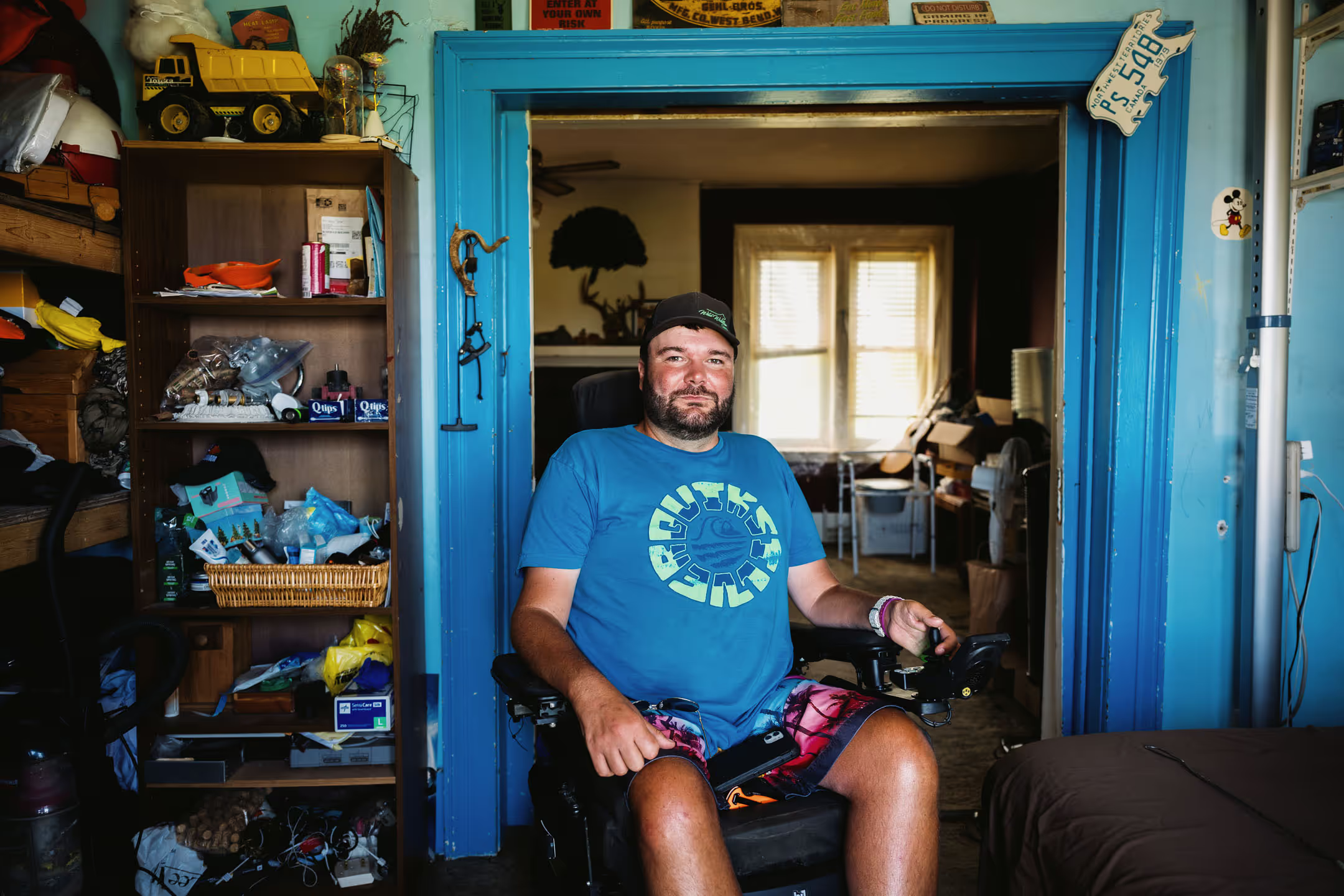
Bryan Weatherall
“I’ve been on the farm pretty much my whole life. I did move to a 20,000-person city for a year and I couldn’t stand it. They always say something like ‘you can take the boy off the farm, but you can’t take the farm out of the boy.’ I can attest to that.
I love the nothing out here. No traffic, no rush, just birds chirping around you. I love my rural community and everything that comes with it. The fishing, the four-wheeling. About the only thing I don’t love is how hard it can be to get around, particularly if you’re disabled.
I’ve met hundreds of people with this condition, and I’m one of the only ones who made it to 30 still walking, still hiking, still doing hard physical farm work. Personally, I think part of it comes from growing up with three brothers. Even though I was diagnosed with SMA when I was two years old, they never went easy on me.
Everything changed for me about two years ago, though, when I fell and broke my femur. I’ve been in a wheelchair ever since. I can’t get in my truck anymore. I can’t get onto my four-wheeler. I can’t get to the good fishing spots. We’ve had to completely redesign our farm so I can keep doing as much of my work as possible. I tend the crops, mind the beehives, collect the maple syrup, and feed the animals all from my chair now.
And, while I can take my chair down the country road to the village where I sell produce—strawberries, corn, peas, squash, garlic, cucumbers, asparagus—I can only do it when the weather’s nice. In the winter and on rainy days, I’m stuck inside. I’m a bear. I hibernate. I have no choice.
I know I’m lucky that I kept so much strength and function for so long but that also makes every loss even harder to accept. And I’m lucky to have friends and family who’ve helped me out so much as things have gotten more difficult. I’m grateful to my father, who helps me get in and out of bed. I’m grateful to have been connected to Cure SMA Canada. I just wish I could get the help I need most: access to treatment. There are treatments for SMA out there but no one will give them to me. I really don’t know what they’re waiting for. Why not me? They’d better not wait too long if they want people like me to keep contributing to society. I’m a farmer. I feed people. And to keep doing that, I need to retain as much of my strength as possible.”
Spinal Muscular Atrophy (SMA) is a motor neuron disease. The motor neurons affect the voluntary muscles that are used for activities such as crawling, walking, head and neck control, and swallowing. Involvement of respiratory muscles (muscles involved in breathing and coughing) can lead to an increased tendency for pneumonia and other lung problems.
DID YOU KNOW?
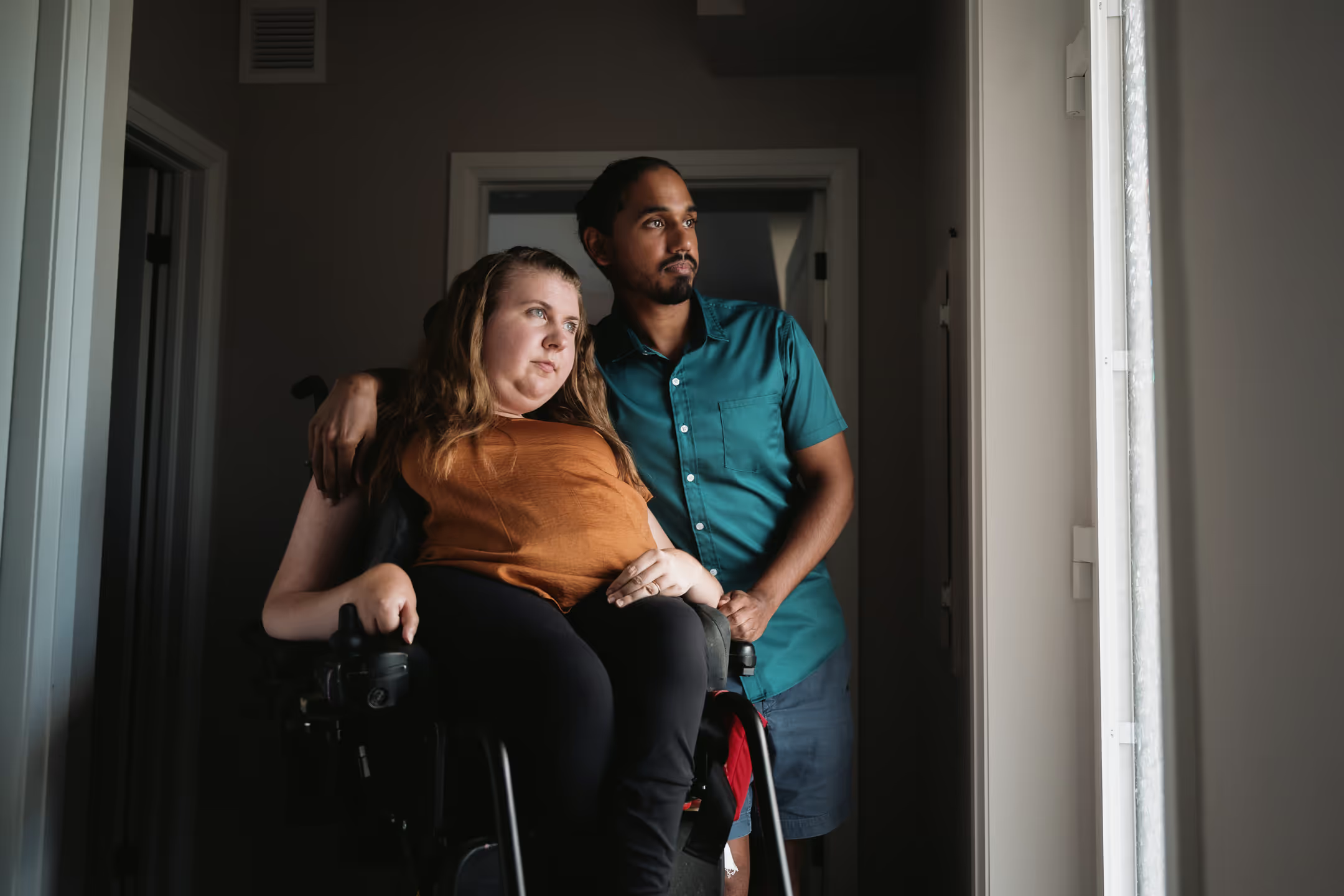
Brooklyn Marx
“Recently, I got it in my head that I was going to bake banana muffins. My partner, Trevor, looked at me in my wheelchair, with my one good arm, and asked if I’d ever made muffins on my own before. ‘No,’ I said with a big grin on my face. ‘It’s going to be a disaster.’
But he set me up in the kitchen all the same. He laid out the ingredients and then he left for a couple of hours to run errands. When he got back, the kitchen was a mess, I was exhausted, but there were banana muffins. The pride of those muffins lasted me all week.
Being able to do things on my own has always been so important to me. Cooking, going out, grabbing coffee with friends, drawing, working with clients, being creative, and being productive. The idea of losing the physical ability to do any of that independently is really scary. And with SMA, there’s no way to know when that might happen.
Trevor and I are trying to plan our future. We’re looking to buy a house together, we’re thinking about kids. But, when we talk about what parenthood will look like with SMA, there are no concrete answers. My function 10 years from now could be similar to today, or it could be so much less.
What’s infuriating is knowing there are multiple Health Canada-approved treatments for SMA, but that not everyone can get access to them. When I was 27, SMA medications were approved on government drug plans in my province but only for those 25 and under that meet certain criteria. It’s an incredibly terrible feeling to have such big dreams, and then to be told more than once that I’ve just missed the window for access to treatments that might help me achieve them, all because of my age.
The fight for access in rare disease communities is never-ending. I put as much energy as I can spare into that fight, but I also need to conserve energy for my career, for my relationships, for getting groceries, for getting through the day. Tomorrow still needs doing, whether I have access to treatments or not.
As a registered psychotherapist, I work with a lot of disabled people in my practice. This injustice is unfortunately so common. Some people put their whole being into the fight for access, and that’s beautiful. But then I wonder… what’s left for baking banana muffins?”
Each province’s coverage is based on specific criteria for pediatric use while adult access for patients over 25 years of age is decided on a case-by-case basis except in Quebec where all SMA patients are eligible based on criteria.
DID YOU KNOW?
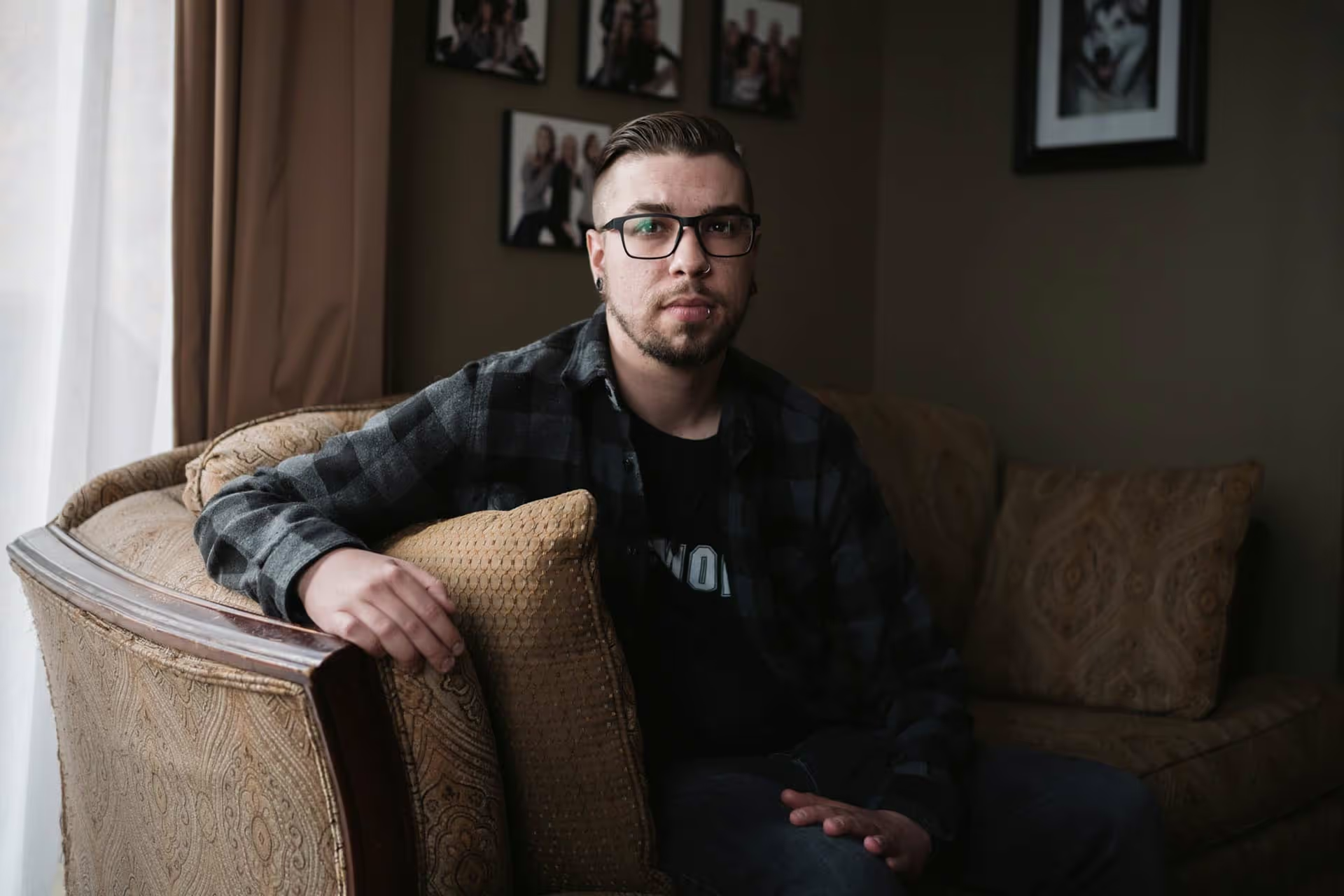
Bryce McGraw
“I remember being at the doctor with my mom as a teenager and him asking if I was active in sports. My mom laughed. ‘Is guitar a sport?’
I’d never been able to keep up with my peers in sports or active play. I tired easily, I was clumsy, and I fell a lot. But we always just thought I wasn’t particularly athletic. We had no idea there was a chronic and incurable illness lurking behind it.
When I finally got the diagnosis of type 3 spinal muscular atrophy (SMA), I was in denial for a long time before I really began to grieve. I was still relatively healthy and there was so much hope in the treatment research that was being done. I just carried on with my life, telling myself that there would be an effective treatment available long before the disease became a problem for me.
I’m 32 years old now and the disease has become a very big problem. It’s terrifying, actually. I have so much trouble with stairs. I can only walk on flat surfaces, really, and I don’t know how much longer I’ll be able to do that. It’s only a matter of time before I’m in a wheelchair. I don’t pick up my nieces anymore. There’s so little strength or dexterity left in my arms that I’m afraid I might drop them. I've even been pushed out of my job due to my disease. I worked in health care and, ironically, it’s an extremely unforgiving field when illness and disability put limitations on what you can do.
And what’s so frustrating is that the research I was counting on did pay off. The treatment is here, it has been approved, but it’s not available to me because of my age and my SMA type. I’ve fought so hard for access, but at this point, honestly, I’m not holding out hope anymore. The treatment may become available, but it’ll be too late for me.
I know in the greater context of SMA, I’m quite lucky. I know that I have a lot to be grateful for and that others have it much worse than I do. It makes me feel so guilty for wanting more. But how much is unreasonable to want? All I want is to be independent. To be able to work and contribute to society. To be a father some day and be able to hold my kids. To have my future wife be my partner rather than my caregiver. All I want is to feel like I matter, like my life is worth something. But I’m being forced to accept that that’s too much to ask.”
The Canadian SMA community needs your support — during SMA Awareness Month in August and throughout the rest of the year. Please like and share this story to increase awareness of this important issue. For more information, or to learn how you can advocate for treatment access, visit Cure SMA Canada.
A community-based initiative with support from Roche Canada.
